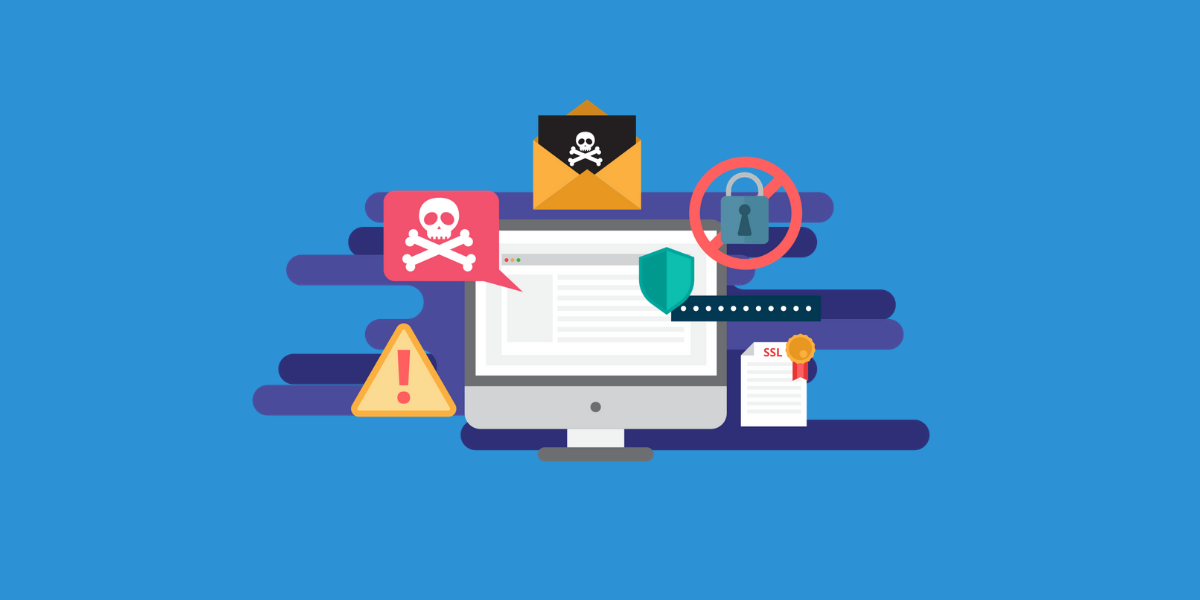In today’s digital age, user privacy and data security are essential concerns. With personal information becoming increasingly accessible online, individuals and organizations must understand how to protect data and maintain privacy. This article explains the importance of user privacy, the potential risks to data security, and practical steps you can take to safeguard your information.
Why User Privacy Matters
User privacy refers to the ability to control what personal information is collected, shared, and used by others. Personal data includes your name, address, contact details, financial information, browsing behavior, and medical records. Privacy is crucial for preventing identity theft and fraud and maintaining autonomy and freedom in the digital world. If personal data falls into the wrong hands, it can lead to malicious activities such as hacking, phishing, or unauthorized surveillance.
Many companies collect user data to improve their services or target advertisements, but without proper controls, your information can be sold to third parties or exposed to data breaches. Protecting your privacy allows you to limit how much of your personal life becomes accessible to strangers, companies, and cybercriminals.
The Growing Threats to Data Security
Data security protects digital information from unauthorized access, theft, or loss. Unfortunately, the rise of online services and interconnected devices has increased vulnerabilities. Some of the most significant risks include:
- Data breaches: Hackers can infiltrate company databases, exposing millions of users’ information.
- Phishing scams: Fraudulent messages trick people into revealing passwords or financial details.
- Ransomware attacks: Cybercriminals encrypt personal data and demand payment to restore access.
- Social engineering: Hackers manipulate users into giving away sensitive information.
Even large corporations, such as social media platforms and financial institutions, have suffered data breaches, highlighting the need for individuals to stay vigilant.
How to Protect Your Privacy and Security
While no system is foolproof, there are steps you can take to enhance privacy and data security. Here are a few essential practices:
1. Use Strong Passwords and Enable Two-Factor Authentication (2FA)
Create unique, complex passwords for your accounts and update them regularly. Use a password manager if you struggle to remember them. Enabling 2FA adds an extra layer of security, requiring both a password and a secondary verification form, like a code sent to your phone.
2. Be Careful with Personal Information Online
Limit the personal data you share on social media and other online platforms. Adjust your privacy settings to control who can see your content. Avoid clicking suspicious links or sharing sensitive information over email or messaging apps.
3. Keep Software and Devices Updated
Outdated software and operating systems often contain security vulnerabilities. Regular updates ensure your devices have the latest protections against new threats.
4. Use Secure Connections and VPNs
When sharing personal information online, always connect to secure websites (look for “https” in the URL). Public Wi-Fi networks are hazardous, so consider using a virtual private network (VPN) to encrypt your internet traffic when accessing them.
5. Monitor Your Accounts Regularly
Monitor your bank accounts, email, and social media profiles for unusual activity. Early detection of unauthorized access can prevent further damage.
Conclusion
User privacy and data security are essential in an increasingly digital world. While companies and organizations play a significant role in safeguarding user data, individuals must also take responsibility for protecting their information. By practicing good cybersecurity habits—such as using strong passwords, staying cautious online, and regularly updating your software—you can reduce the risks of data breaches and maintain control over your privacy. Prioritizing security protects your personal information and ensures a safer, more private digital experience.





